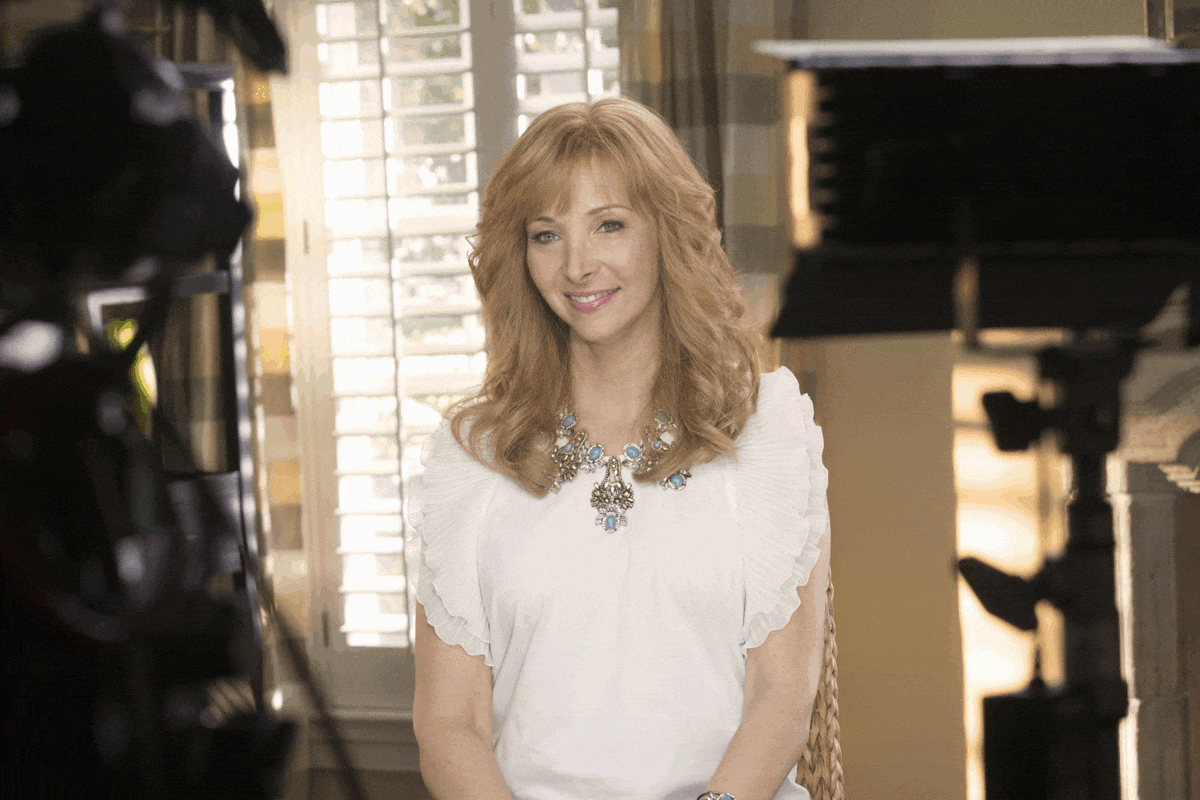There’s More to TV Than Wasteland
- Share via
Jim Urbanovich’s apparent recommendation that children be kept away from television (“If Kids’ Values Are Damaged Don’t Blame TV,” Counterpunch, Nov. 20) is both disheartening and saddening. TV is the most miraculous public information and entertainment invention of the 20th century.
To be fair, Urbanovich does attempt to emphasize that it is the responsibility of parents to control what their children watch. However, I find it puzzling that a man who “is in the proactive business of growing a family” and who realizes that his children do “have access to racy programming” should consider the sending of messages to advertisers or network executives a “waste” of energy.
If anything, I would assume that a proactive family man would be committed to efforts to influence TV programming.
But then, his is a “television-less” family, the presumption thus being that what the children don’t see can’t hurt them. Unfortunately, what they don’t see can’t help them either. Such is the source of my sorrow.
*
Television is instant communication. It takes us to places we never could or, in some cases, would want to go physically. It informs us. It entertains us. And despite claims to the contrary, it does challenge us and move us to learn more, explore more and, yes, be more.
News, special events, educational programs, music, drama, comedy, up-to-the-minute international information . . . all of these are lost to children of a television-less household.
As a consequence, these deprived young people lack an important knowledge base from which they can relate to their peer groups, thereby limiting the scope of their socialization skills both today and for the future.
Equally important is the fact that without a television these children miss the endless learning opportunities the medium provides.
I have yet to see raciness on programs such as “National Geographic,” “Discovery,” “Nova,” “Sesame Street,” “Meet the Press,” “Face the Nation,” “20/20,” “60 Minutes,” “Biography,” “Ancient Mysteries” or “Jeopardy!,” to name but a few informative series.
*
Moreover, had we not had television, millions of Americans would not have been able to so fully experience the myriad significant events of the past several decades (e.g., debates among presidential candidates, inaugurations, coronations, numerous awards ceremonies, Fourth of July celebrations, “command” performances, dramatic presentations of works by countless playwrights/screenwriters, Lt. Col. John Glenn’s flight of Friendship 7, Nixon’s resignation, the horrors of the Vietnam and Persian Gulf wars, Walter Cronkite’s tears in announcing the death of President Kennedy, ad infinitum).
This is not to say that TV is wholly beneficent, nor do I suggest that all TV programming is wholesome or altruistic.
But to imply a call for a “television-less” family structure is tantamount to asking that we turn away from telephones, radios, magazines, newspapers and every other possible conduit of potentially “racy” transmissions.
I fervently agree with Urbanovich’s position that parents need to provide moral and ethical guidance for their children, including informed control over what their children watch on TV. Yet I vehemently disagree with the notion that absolute denial of access to in-home TV is an answer for any parent or child.
How can you criticize, hope to influence or provide guidance regarding that which you do not see or know?
More to Read
The complete guide to home viewing
Get Screen Gab for everything about the TV shows and streaming movies everyone’s talking about.
You may occasionally receive promotional content from the Los Angeles Times.






